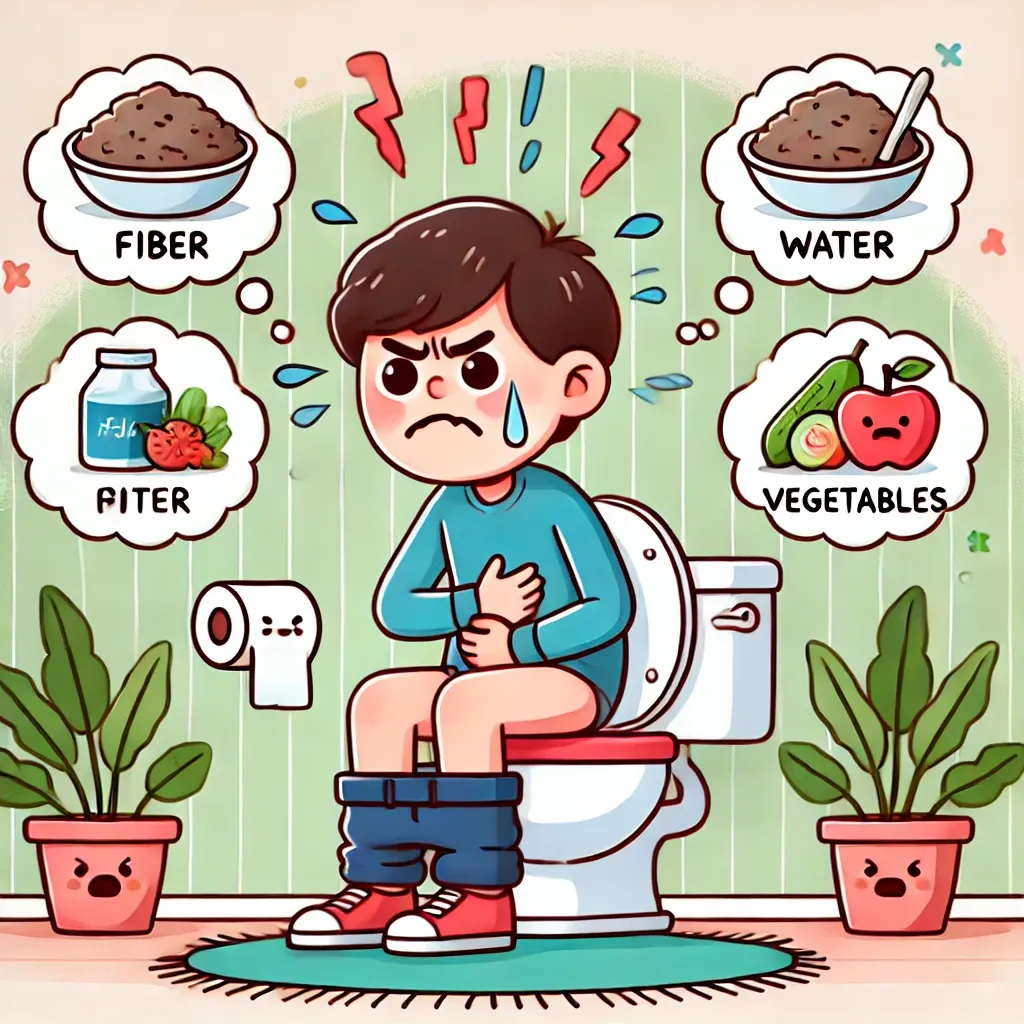Gut Check: Understanding Constipation and Small Bowel Obstructions

Varrock Street Journal – Weekly Healthcare Feature
Understanding Constipation and Small Bowel Obstructions: Key Insights for Digestive Health
What a beautiful morning it is for the first Monday of 2025!!! We hope all of our Varrock Street Journal readers had an excellent weekend and a moment to recover from the holiday season! Today, we dive into a critical yet often overlooked topic: digestive health. Have you ever experienced digestive discomfort or wondered how common conditions like constipation and small bowel obstructions (SBOs) can impact overall well-being? This week, we’ll explore these conditions, their causes, and why timely treatment is crucial for avoiding serious complications. Let’s unravel the mysteries of these digestive disorders and empower ourselves with the knowledge to maintain a healthy gut.
Here is a video going over the different parts of the digestive tract!
What Are Constipation and Small Bowel Obstructions?
Constipation and SBOs are two distinct yet potentially debilitating digestive conditions.
Constipation refers to infrequent or difficult bowel movements, often accompanied by bloating or discomfort. It affects individuals of all ages but is particularly common in older adults and those with sedentary lifestyles. Factors like low fiber intake, dehydration, and certain medications can contribute to this condition.
Small bowel obstructions (SBOs), on the other hand, occur when the small intestine is partially or completely blocked. This prevents the passage of food, fluids, and gas, leading to severe abdominal pain, nausea, and vomiting. SBOs are often caused by adhesions, hernias, or tumors and require immediate medical attention.
How Do They Occur and How Do They Differ?
- Constipation arises from slow movement of stool through the colon, often due to lifestyle factors like poor diet and lack of exercise. It can also result from medical conditions such as hypothyroidism or side effects of medications.
- SBOs are more acute and severe, typically caused by physical blockages or motility issues within the small intestine. While constipation develops gradually, SBOs can cause sudden, intense symptoms that escalate quickly.
Key Differences:
- Symptoms: Constipation presents with gradual discomfort, hard stools, and bloating, whereas SBOs involve severe pain, vomiting, and inability to pass gas or stool.
- Onset: Constipation is chronic and often managed with lifestyle changes; SBOs are acute and typically require hospitalization.
Treatment Options and Outcomes
Constipation Treatments:
- Lifestyle modifications: Increased fiber intake, hydration, and regular physical activity.
- Over-the-counter solutions: Laxatives or stool softeners for temporary relief.
- Medical interventions: Prescription medications for chronic cases or underlying conditions.
SBO Treatments:
- Initial management: Hospitalization, IV fluids, and nasogastric decompression.
- Imaging studies: CT scans or X-rays to confirm the diagnosis.
- Surgical intervention: Required for cases caused by adhesions, hernias, or tumors.
Outcomes: Early treatment is crucial for both conditions. While constipation can lead to complications like impaction or rectal prolapse if untreated, SBOs may result in life-threatening issues like intestinal necrosis or infection.
What Happens If Left Untreated?
- Untreated Constipation: Chronic constipation can lead to fecal impaction, rectal prolapse, or anal fissures. These complications may require surgical intervention.
- Untreated SBOs: Delayed treatment increases the risk of intestinal perforation, sepsis, and death. This underscores the importance of recognizing and addressing symptoms promptly.

Why This Matters
Digestive health directly impacts quality of life and overall well-being. By understanding the symptoms and risks of constipation and SBOs, we can take proactive steps to prevent complications and seek timely care. Simple lifestyle adjustments and awareness can make a significant difference in managing these conditions effectively.
Spotlight on Future Applications
Advancements in gastrointestinal health research are paving the way for:
- Enhanced diagnostics: New imaging techniques for early detection.
- Minimally invasive procedures: Improved surgical options for SBOs.
- Probiotics and gut health: Emerging therapies to support digestive function and prevent chronic issues.
Constipation and SBOs are serious conditions that require our attention. By understanding their causes, recognizing symptoms, and exploring treatment options, we can prevent complications and prioritize digestive health. Let’s take charge of our well-being and encourage others to do the same. Remember, a healthy gut is key to a healthy life!
Dr. Karan is a surgeon who enjoys talking about gut health if you're looking for a deeper dive!
Reflection Questions
- What lifestyle changes can you make to support better digestive health?
- Can you recall the order of the structures that is involved from your first bite of food to when it is digested and expelled from the other end?
- What role does diet play in preventing both constipation and SBOs?
Sources and Further Reading:
- National Institute of Diabetes and Digestive and Kidney Diseases (NIDDK). (n.d.). Constipation. Retrieved from https://www.niddk.nih.gov/health-information/digestive-diseases/constipation
- National Institute of Diabetes and Digestive and Kidney Diseases (NIDDK). (n.d.). Abdominal adhesions. Retrieved from https://www.niddk.nih.gov/health-information/digestive-diseases/abdominal-adhesions
- American Society of Colon and Rectal Surgeons (ASCRS). (n.d.). Constipation - Expanded Information. Retrieved from https://fascrs.org/patients/diseases-and-conditions/a-z/constipation-expanded-version
- American Society of Colon and Rectal Surgeons (ASCRS). (n.d.). Clinical Practice Guidelines for Constipation. Retrieved from https://fascrs.org/ascrs/media/files/downloads/publications/practice_parameters_-_eval_mgmt_constipation.pdf
- Health.com. (n.d.). What to know about perforated bowel. Retrieved from https://www.health.com/perforated-bowel-8750599
- Health.com. (n.d.). What to know about volvulus. Retrieved from https://www.health.com/volvulus-8684941
We once again thank you for your ongoing support to Shade Academia and the Varrock Street Journal, please remember to share with your friends and to subscribe if you haven’t yet!
